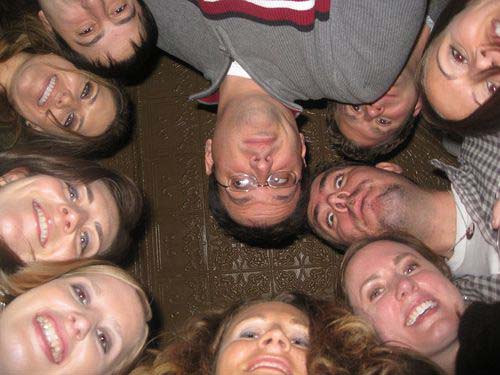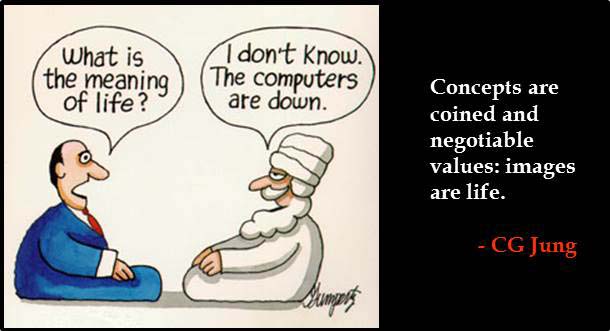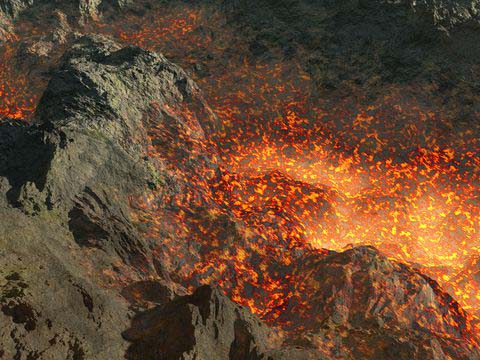
Jungian Therapy & the Meaning of Dreams 7: Diamonds
The meaning of dreams in which the motif of "jewels" or "diamonds" appear can vary greatly, as Jungian therapy well knows. It is more than a play on words to say that the diamond is a multi-faceted symbol. Jungian therapy often sees the diamond as…









